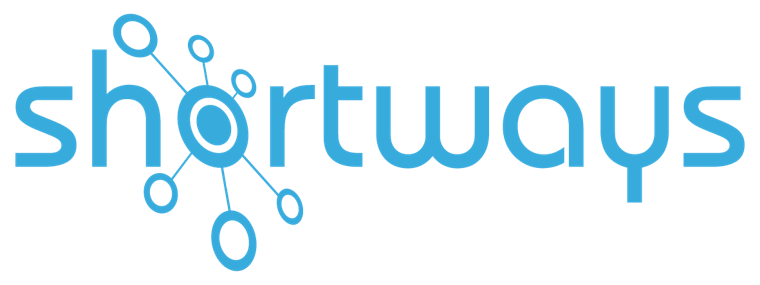Shortways’ White Papers
The ultimate guide to business user support
In an increasingly digital working environment, how can we effectively provide users with support for their digital tools?
Lack of ticket qualification, poor request routing, support overload… Discover the 6 main causes of inefficient business support, along with our advice on how to address them.
Expert insights from Orange on the implementation of an innovative solution are also shared at the end.
The adoption of HRIS in organizations – Focus on user support
What is the link between the effectiveness of user support and HRIS adoption?
Discover the 3rd edition of this White Paper, produced in collaboration with the HRIS Master’s programme at Université Paris I Panthéon-Sorbonne. It analyses the barriers to HRIS adoption and the impacts of poor adoption on organisations.
A special focus is placed on user support once the project enters the RUN phase.
All of this is enhanced with best practices to implement and interviews with HR and HRIS professionals.
The adoption of Finance and Purchasing ERPs
Digital tools being much more present in the daily life of these functions, how to ensure their adoption?
Between a need to make data more reliable and centralized, the inherent complexity of the applications to be supported, and an opening of the tools to increasingly varied populations, discover our advice in this White Paper on how to make the adoption of your Finance and Purchasing tools a success, while guaranteeing an optimized user experience.
All complemented by interviews with professionals in the field.
Our population of suppliers being very varied, as well as their level of digital maturity, the challenge was to empower our suppliers on the portal.
Our functional support received more than 2/3 of its assistance-type calls on our 2 historical transactions, namely order entry and receipt entry.
The adoption of HRIS in organizations
Is the HRIS well adopted/accepted by all users?
This White Paper, in collaboration with the HRIS Master’s program at the University of Paris I Panthéon-Sorbonne, uses the testimonies of HR and HRIS professionals to answer this question.
It analyzes the obstacles to HRIS adoption, with a focus by HRIS domain.
In addition, you will discover best practices and solutions to be implemented during your projects.
The first operational challenge of HRIS is to put yourself in the shoes of the users.
A solution is adopted when it becomes a natural part of an employee’s, manager’s or HR member of staff’s daily life, when it is no longer imposed but is taken for granted.
Digital Adoption New Generation
With the multiplication of user profiles, the faster evolution of applications, the new needs of today’s learners, and new ways of working, a question arises:
How to support users on their digital tools?
In this white paper, we will look at the acceleration of the digital transformation, the new challenges to be met, and give you the keys to a successful adoption of digital tools thanks to an innovative solution: the digital adoption platform.
With experts interviews like:
With the changes in the market, we had to change our processes and the tool used.
As we are moving more and more towards standard SaaS solutions that are not always to our liking or intuitive for the user.
HRIS Adoption in Organizations
The arrival of Human Resource Information System (HRIS) in recent years has radically changed the human resources (HR) landscape in organizations.
Today’s prime HR challenges are digital transformation of the HR function and enhancement of the employee experience.
One question immediately comes to mind: do employees willingly adopt these systems?
This White Paper is for you, HRIS and HR professionals, that are questionning about it.
With experts interviews like:
Digital Transformation: Support for End-Users of Digital Tools
Digital transformation affects employees but only 27% of employees feel completely at ease with new digital practices and 64% of employees feel badly or not sufficiently supported by their company to take advantage of new technologies! In this white paper, we will focus on supporting employees on new digital tools and business applications …
With expert interviews like:
Informal Learning: How can we train business software users efficaciously?
Digital is now omnipresent in our lives. It presents a wonderful opportunity to reinvent corporate training systems.
But who says digital innovation, also says new IT projects and structuring for the company!
The success of these projects lies in the appropriation of business applications by users and it is here that informal learning takes effect …
With expert interviews like:
The User: The Key to high quality financial data
The Consolidation & Reporting function faces many problems making it difficult to fulfill its prime mission of producing reliable figures and data.
To ensure the quality of the data, the consolidation & reporting function must constantly adapt its process-based system, an information system and to men and women!
With expert interviews like:
The main challenges of data quality today are based on quality!











